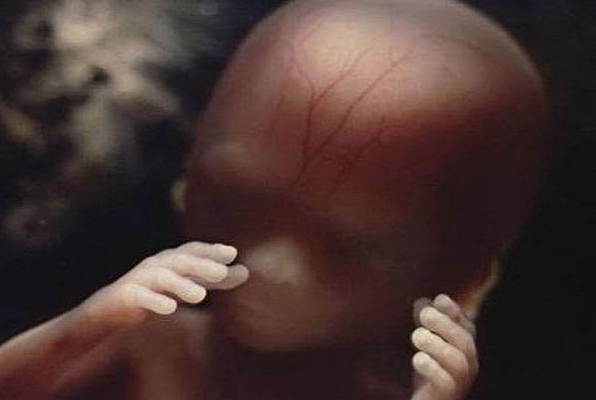The South Carolina Senate defeated a measure Tuesday that would have recognized unborn babies as persons and potentially made abortions illegal.
Greenville News reports the proposed amendment to a dismemberment abortion ban failed when lawmakers voted 30-11 to table it. The amendment would have granted legal rights to unborn babies from the moment of conception in South Carolina.
However, some lawmakers expressed concerns that the measure would expose the state to a expensive legal battle and never actually save any unborn babies’ lives.
Here’s more from the report:
Sen. Richard Cash, a Piedmont Republican and the chief sponsor of the so-called Personhood bill, had proposed amending the more narrowly-drawn dismemberment measure saying he wanted to get to the heart of the abortion fight.
He said 22 dismemberment abortions were performed in 2016 in South Carolina, less than 1 percent of almost 5,800 abortions overall in the state.
“We cannot be satisfied with saving 22 when we should be attempting to save all the babies,” he told the Senate. …
Republicans in the GOP-majority Senate had voiced concerns about the proposal and those who voted to table it included Republicans as well as Democrats.
A separate bill to recognize unborn babies as legal persons also failed to pass the state House this spring, according to the report. After it was introduced, a South Carolina Planned Parenthood spokesperson threatened a legal challenge if it became law.
Abortion groups have succeeded in overturning similar laws in court. In 2012, the Oklahoma Supreme Court struck down a similar personhood bill as unconstitutional because it recognized unborn babies as human beings who deserve the right to life.
When courts rule against pro-life laws, state taxpayers often are forced to reimburse pro-abortion groups for their legal fees.
Personhood legislation, even if upheld in court, may not make abortions illegal. When considering a Missouri statute in 1989, U.S. Supreme Court Chief Justice William Rehnquist ruled that the personhood statute was nothing more than a statement of position that had no bearing on banning abortions or even limiting them in any way.
Keep up with the latest pro-life news and information on Twitter. Follow @LifeNewsHQ
The state of Missouri had approved a statute saying, “the life of each human being begins at conception” and “unborn children have protectable interests in life, health, and well-being.” The statute required that all Missouri state laws be interpreted to provide unborn children with rights equal to those enjoyed by other persons.
The U.S. District Court for the Western District of Missouri struck down that provision and the abortion limits, and the U.S. Court of Appeals for the Eighth Circuit affirmed and ruled they violated Roe.
The Supreme Court then ruled that it did not need to consider the constitutionality of the law’s preamble, defining personhood at conception, as it could not be used to support any abortion laws that conflicted with Roe. Chief Justice William Rehnquist wrote the decision and Justice Anthony Kennedy joined in the opinion. Ultimately, the Supreme Court upheld the personhood language Missouri used decades ago but did not allow it to ban — or even limit — any abortions.








